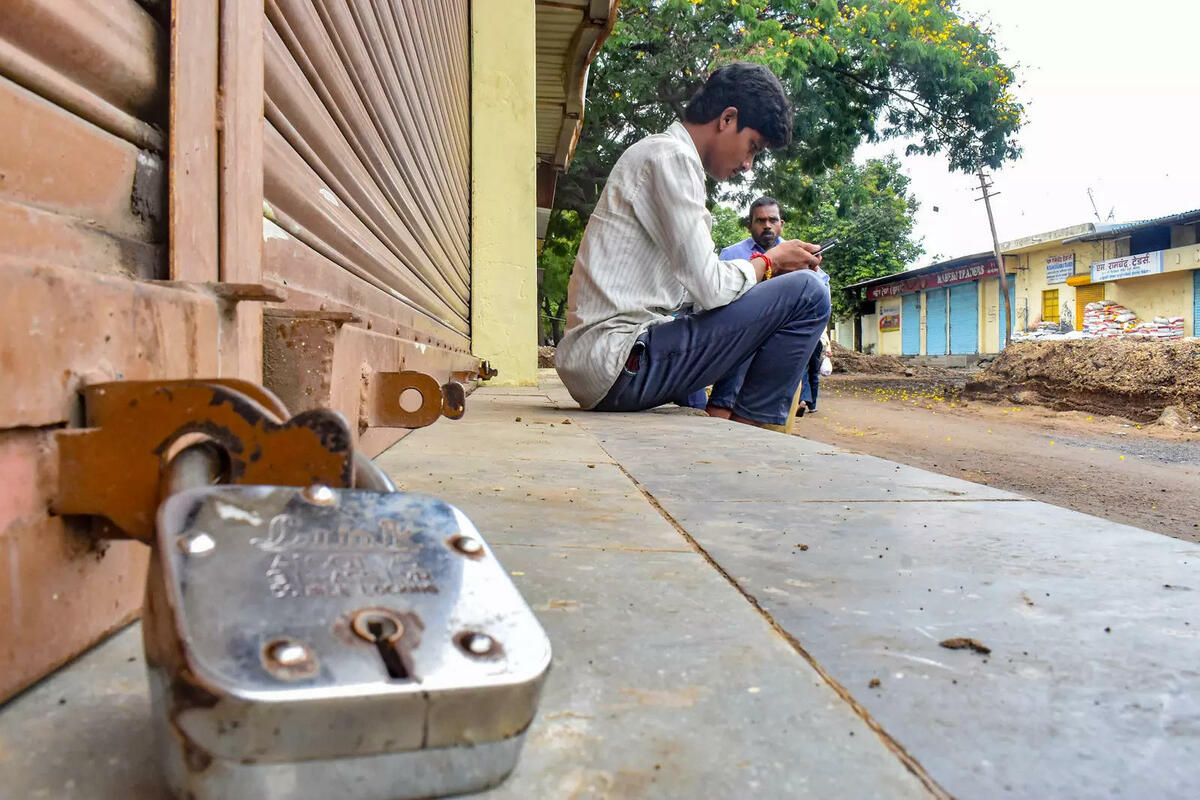- A tax increase was approved last month to 18% from 12% for certain goods and services, including kitchenware.
- India’s consumer price inflation hit an eight-year high of 7.79% in April and above 7% in May and June.
- Analysts have said that higher taxes would put an additional burden on households already facing surging food prices.
According to a prominent official of a major merchants’ union, next week will see a statewide protest; by Indian traders and store owners against the new tariffs that went into effect on Monday; and affect a variety of goods and services, including food grains and home goods.
According to Pravin Khandelwal, president of the Confederation of All India Traders; which represents more than 10 million small shopkeepers and wholesalers, “the 5 percent tax on a range of food products; — which remained tax-free so far — and the hike in rates on other household items has increased the burden; of inflation on the public and traders.”
He said that beginning in Bhopal, the nation’s capital and a bastion; of Prime Minister Narendra Modi’s ruling Bharatiya Janata Party; the group’s members will organise protest gatherings around the country on July 26.
The Goods and Services Tax (GST) system was implemented in 2017 to replace around 20 federal and state; levies and to help unite Asia’s third-largest economy. Small traders and shopkeepers; constitute a crucial constituency for Modi.
Last month, a tax hike was passed that will raise the price of several products and services; including kitchenware, from 12 to 18 percent.
[embedpost slug=”the-british-indian-biscuit-maker”]
A 5 percent tax now levied on branded foods such rice, wheat, flour, legumes, and dairy products; would be extended to unbranded goods sold in containers of up to 25 kilogrammes or 25 litres; according to a statement from the finance ministry on Monday.
Higher taxes, according to analysts, would burden people already struggling to pay; rising food and energy costs.
Consumer price inflation in India reached an eight-year high of 7.79% in April; and stayed over 7% in May and June.
While business owners have praised Modi’s GST as an improvement over the old convoluted tax system; they have also objected to other aspects, such as the cost of compliance placed on small shops.
[embedpost slug=”indian-village-banks-on-tree-mortgages-in-bid-to-go-carbon-neutral”]





















